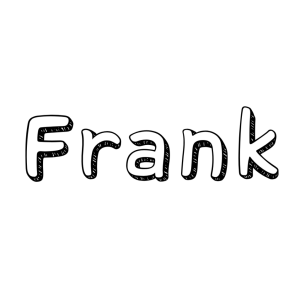

Capitalism may not be prefect, but I don’t like any of the proposed alternatives to capitalism:
Corporatism - I don’t like power and money being centralized into corporations. They get wealthy and everyone else gets poor.
Communism (with centrally controlled economy) - I don’t like power and money being centralized by party leaders and politicians. They have too much power, which results in abuses. Meanwhile, the elites at the top (unofficially) live rich lifestyles at the expense of the workers at the bottom.
Crony Capitalism (our current sociopolitical economic system) - I don’t like the government and corporations colluding against the people. Works like corporatism except the government is helping them.
Laissez-faire Capitalism - Unregulated capitalism leads to abuse, so there needs to be some sort of regulations.
Anarchy - I don’t like the strong ruling over the weak. It results in abuses and arrogance.
Dictator, King, Emperor, Single Party Rule, etc. - I don’t like any system that gives a single person or group of people nearly unlimited power over everyone else. Any political minority gets stepped on. It also means that you may have a benevolent ruler now, but the next ruler may be malicious.
I’d rather see the break up of big business AND big government, and I would love to see more small private voluntary cooperatives and small businesses and small non-profits. Give the power back to the people, not to big business and big government. People should have choices.
I am not sure if there is a name for that.

@BrainInABox Yes they are. And those are the bad kinds we all disapprove of.
There is also a kind called stakeholder capitalism, where all of the stakeholders (employees, vendors, consumers, investors, communities, environment, etc.) are all considered. In some countries, such as the U.S., you can even form a public benefit corporation (PBC) which requires you to, by law, to consider all of the stakeholders and also support a public benefit.
There is also cooperative capitalism, where people can form private cooperatives that are owned by the consumers and/or employees, without centralized control by the government or some central corporation. Basically communism, but without the centralized planning and single party rule.
There are many flavors of capitalism. Some of them are toxic. Some of them are not.